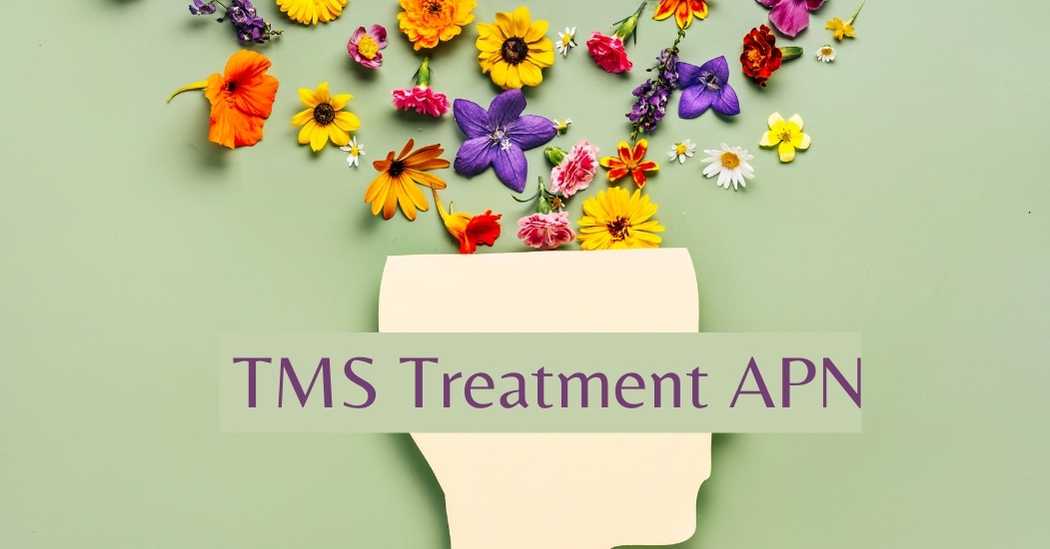TMS Treatment APN: Revolutionizing Mental Health Therapy

Transcranial Magnetic Stimulation (TMS) treatment APN is an innovative, non-invasive therapy primarily used to treat various mental health conditions, notably depression, anxiety, and obsessive-compulsive disorder (OCD). This treatment employs magnetic fields to stimulate nerve cells in the brain, aiming to improve mood and alleviate symptoms associated with these disorders.
How TMS Treatment APN Works
TMS treatment APN involves the application of magnetic pulses to specific areas of the brain. This targeted stimulation helps regulate neuronal activity and neurotransmitter function, which can lead to significant improvements in mental health conditions. The procedure is performed by advanced practice nurses (APNs) trained specifically in TMS therapy, ensuring a high level of care and expertise during treatment sessions.
Key Steps in TMS Therapy
- Initial Assessment: A comprehensive evaluation determines the patient’s eligibility for TMS treatment.
- Personalized Mapping: Specific brain regions are targeted using advanced imaging techniques.
- Therapy Sessions: Non-invasive magnetic pulses are applied over multiple sessions, tailored to the patient’s needs.
How Teasemoonga Redefining Digital Engagements
Benefits of TMS Treatment APN
- Non-invasive: TMS does not require surgery or anesthesia, making it a safer alternative for many patients.
- Targeted stimulation: The treatment focuses on specific brain regions, minimizing potential side effects compared to more generalized treatments.
- Personalized treatment plans: Each patient’s therapy is tailored based on their unique needs and responses to previous treatments.
- High success rates: Studies have shown that TMS can significantly reduce symptoms of depression and other mental health disorders, with success rates reported as high as 75% for symptom reduction in some cases.
- Drug-free alternative: Ideal for patients who cannot tolerate medications or have not responded well to traditional treatments.
Types of TMS Treatment Options
- Standard TMS: A conventional protocol suitable for a wide range of mental health conditions.
- Accelerated TMS: A more intensive schedule designed for patients needing quicker results or those who have not responded to standard TMS.
- Maintenance TMS: Ongoing sessions aimed at sustaining progress and preventing relapse in chronic conditions.
- Combined TMS: Integration with other therapies, such as psychotherapy or medication, to enhance overall treatment effectiveness.
Efficacy and Research Findings
Research indicates that TMS therapy has substantial efficacy in treating major depressive disorder and OCD.
Key Findings
- Depression: Approximately 60% of patients experience remission from depressive symptoms after undergoing TMS treatment.
- OCD: Patients with OCD report a significant reduction in compulsive behaviors and anxiety levels.
- Long-Term Benefits: Around 70% of patients maintain reduced relapse rates following their initial treatment course.
- Improved Quality of Life: TMS helps patients regain functionality and engage in daily activities with renewed confidence.
Who Can Benefit from TMS Treatment APN?
TMS treatment APN is ideal for individuals who:
- Have not responded to traditional treatments such as medication and psychotherapy.
- Prefer a non-invasive approach to managing mental health conditions.
- Experience side effects from medications or have contraindications to certain drugs.
- Are seeking a complementary therapy to enhance existing treatment plans.
The Role of Advanced Practice Nurses (APNs) in TMS Therapy
Advanced practice nurses play a crucial role in delivering TMS treatment. Their responsibilities include:
- Conducting initial assessments and determining eligibility.
- Creating personalized treatment plans based on patient history and needs.
- Administering TMS sessions with precision and care.
- Monitoring progress and adjusting protocols to optimize outcomes.
Addressing Common Concerns
Is TMS Safe?
Yes, TMS is FDA-approved and considered safe with minimal side effects, such as mild scalp discomfort or headaches.
How Long is a Typical Session?
Each session typically lasts 20-40 minutes, with treatments scheduled five times a week for several weeks.
Will I Feel Immediate Results?
While some patients notice improvements within the first few sessions, most experience significant changes after a few weeks.
Conclusion
TMS treatment APN represents a groundbreaking approach to mental health care. Its non-invasive nature, high success rates, and personalized protocols make it an appealing option for those struggling with conditions like depression, anxiety, and OCD. As awareness grows, TMS continues to revolutionize how mental health is treated, offering hope and healing to countless individuals.
For More Updates: Click Here!
FAQs
What is TMS treatment APN?
TMS treatment APN is a non-invasive therapy that uses magnetic pulses to treat mental health conditions such as depression, anxiety, and OCD.
Who is eligible for TMS therapy?
Patients with treatment-resistant depression or those who prefer non-drug approaches may be eligible.
Are there any side effects?
Side effects are minimal and typically include mild discomfort at the treatment site or transient headaches.
How effective is TMS treatment?
Studies report a 60-75% success rate in symptom reduction for conditions like depression and OCD.
Is TMS covered by insurance?
Many insurance providers cover TMS therapy for specific conditions, but coverage varies by plan.






